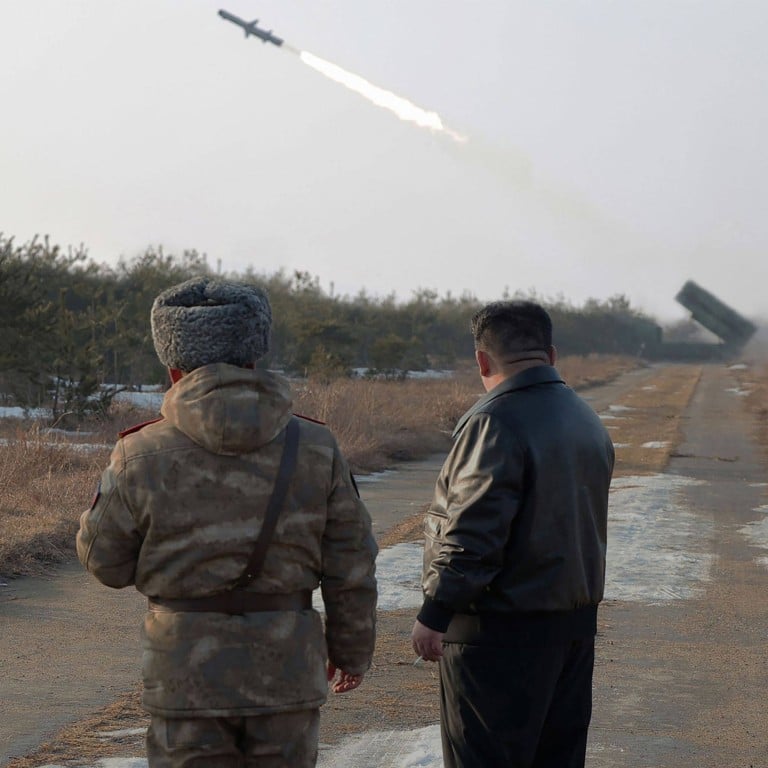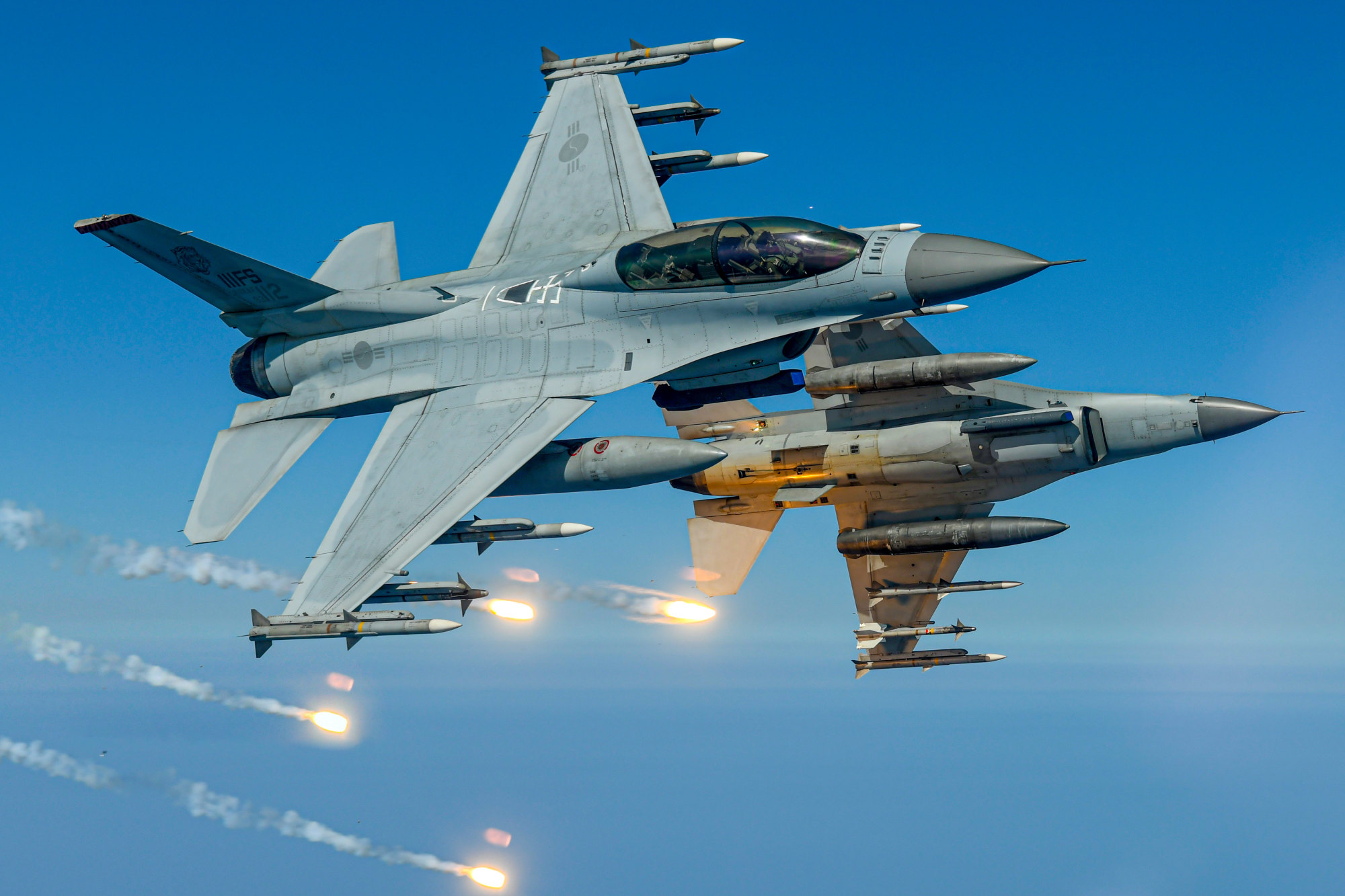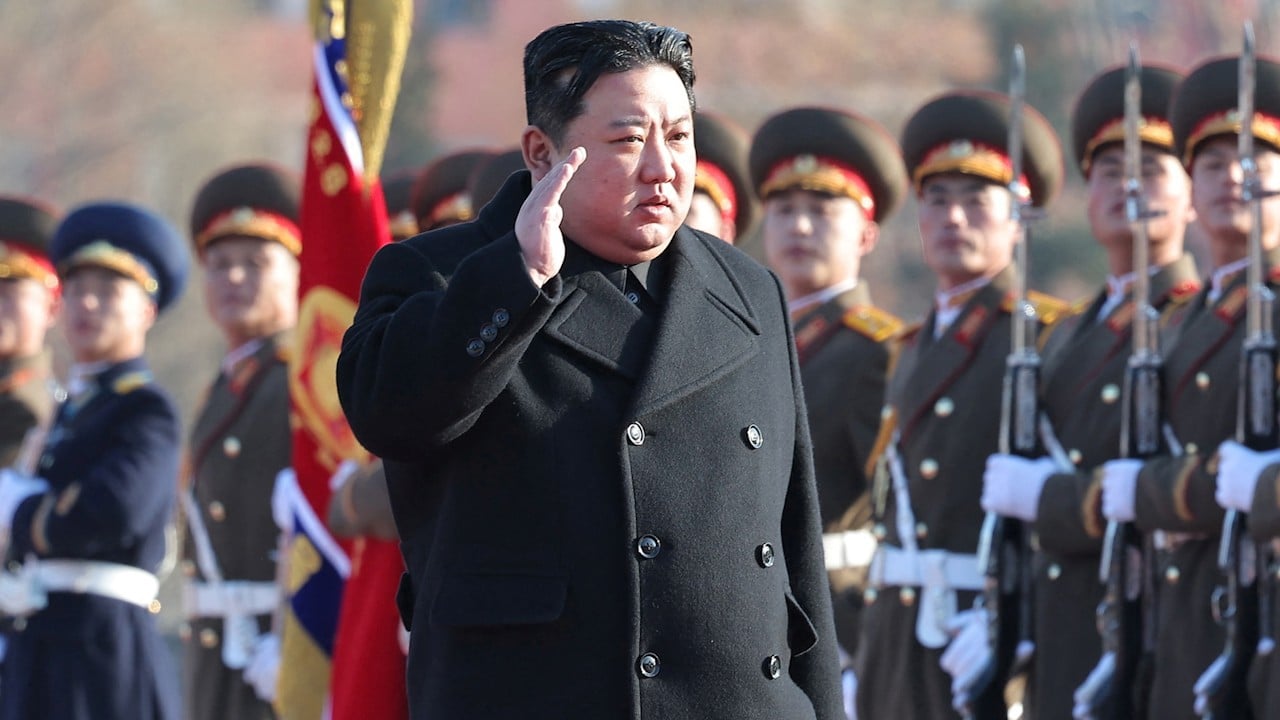
Diplomacy’s untimely death leaves Koreas on ‘extremely bleak’ brink — amid fears of a Trump redux
- Dialogue between North and South Korea has given way to fiery rhetoric and mutual threats of destruction that neither side seems inclined to walk back
- Tensions are only expected to ratchet higher as the year progresses, analysts say, especially if a second Trump presidency forces Seoul to go it alone

As part of the shift, the North has also abolished government agencies responsible for inter-Korean exchanges and dialogue, with the constitution being altered to say Pyongyang’s forces should “completely occupy, subjugate, and reclaim” the South in the event of war.
As North Korea slams Japan troops’ shrine trip, Seoul and China stay silent
A senior Russian diplomat blamed such “aggressive and provocative actions” for raising tensions on the Korean peninsula, accusing the US and its allies of practising “decapitation strikes” against the North.
‘Extremely bleak’ prospects
“Kim is pleased with the current situation, as he sees the Yoon government inadvertently benefiting him,” Hosaka said.
At this point, attempting to force Pyongyang to abandon its nuclear weapons programme through further sanctions was “wishful thinking”, said Lim Eul-chul, a North Korean studies professor at Kyungnam University, as the Kim regime fears complying would mean its own downfall.
“Under the Yoon administration, prospects for reducing tensions between the two sides seem extremely bleak”, he said.
“Pyongyang might then seek concessions to de-escalate, but a military clash could occur in the meantime as both Koreas are promising to escalate quickly in attempts to deter the other side,” he said.
Easley said North Korea’s missile launches typically serve a range of purposes, from developing its military capabilities, to bolstering the regime’s domestic political legitimacy and sending signals to the wider world.

Yoon has repeatedly called the North “irrational” in recent weeks and stressed the need for the South to bolster its defence readiness when faced with a foe bent on developing nuclear weapons at the cost of people’s livelihoods.
Such heated exchanges have occurred in the past only for the two sides to return to dialogue, but Political-Science Professor Yang Moo-jin of the University of North Korean Studies said this pattern looked unlikely to repeat this time.
“It is regrettable that the three principles in inter-Korean agreements – non-intervention in internal affairs, mutual respect, and acknowledgement of ideological differences – have been forsaken,” he said.
Daniel Pinkston, an international-relations professor at Troy University in Seoul, said the two sides were stuck in a deadlock “with no real possibility of cooperation”.
“I think the areas for cooperation are very limited to things such as conflict avoidance, at least for the intermediate term,” he said.
Fears about Trump
By intensifying its threats against the South, Kim was likely looking “to gain leverage in a possible bargain with the incoming US administration”, according to Park Won-gon, a professor of North Korean studies at Ewha University in Seoul.
However, the chance of an attack actually occurring was “practically zero” as “North Korea maintains its stance that it would not undertake a pre-emptive attack against the South,” he was quoted by The Korea Herald as saying. “There is no reason for South Korea and the US to strike North Korea first.”
A survey conducted in December and January by researchers at Gallup Korea showed seven out of 10 Koreans supporting nuclear armament and six in 10 saying they did not believe the US would use nuclear weapons in the event of a crisis on the Korean peninsula.
In the face of North Korea’s escalating threats, the mere suggestion that we could develop nuclear weapons could serve as a deterrent
“In the face of North Korea’s escalating threats, the mere suggestion that we could develop nuclear weapons could serve as a deterrent against the North,” said Cheong Seong-Chang, a senior researcher at the Sejong Institute think tank.
Yoon rejected the idea of obtaining nuclear weapons in a rare interview with public broadcaster KBS this month, saying that complying with the international Non Proliferation Treaty on nuclear weapons was more in the country’s interest.
But he did note that “it wouldn’t take long” for the South to develop its own nuclear arsenal, if needed, given its advanced science and technology.
Trump may make North Korea deal, embolden China, if he wins election: Bolton
“I don’t think Trump will return to the presidency, but if he were to return to the White House, I believe authoritarian leaders around the world would be emboldened to act aggressively to address their grievances against the liberal world order,” said Troy University’s Pinkston. “I think the risk of conflict in East Asia and elsewhere would rise significantly.”
Hosaka and Kyungnam University’s Lim agreed that diplomacy will prove difficult in the near term.
“Trump would have little means to help Kim as long as the nuclear issue remains unsolved, although the US and North Korea might be groping for ways to engage in limited dialogue,” Lim said.
Hosaka, meanwhile, predicted that a second Trump presidency would be more focused on Beijing than Pyongyang.


